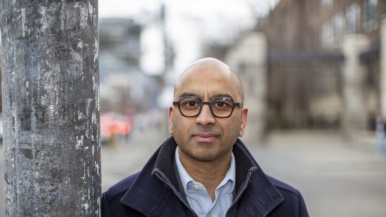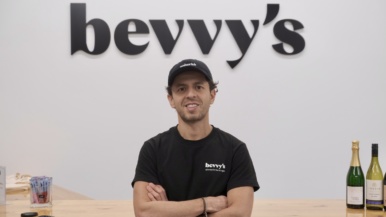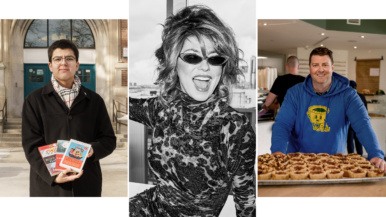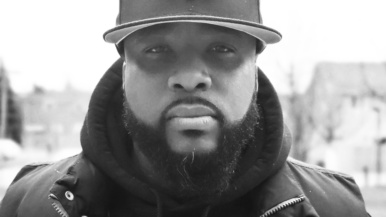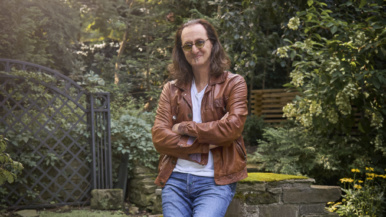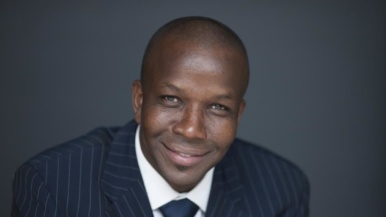Q&A: Heritage Minister Mélanie Joly on Canada 150—and planning a massive country-wide birthday party

When Mélanie Joly became Canada’s Minister of Canadian Heritage in fall 2015, she also became the czar of the country’s massive sesquicentennial shebang. Here, the former Montreal mayoral candidate (and closet Justin Bieber enthusiast) tells Toronto Life about how Canada has matured in the last 50 years, why reparations are central to 150 festivities, and what a giant inflatable duck has to do with our home and native land (hint: she doesn’t know either).
You have spent almost two years planning a $200-million birthday party. What was the most challenging part?
One key challenge was making sure that it was very inclusive and that there would be a clear direction. We developed four themes: the environment, inclusion and diversity, the importance of youth, and reconciliation with Indigenous people. If you compare the centennial celebrations in 1967 with what we’re doing for Canada 150—back then we had to build an entire village to bring the world to Montreal. Today, we are welcoming so many different ways of telling our history and allowing communities to decide what Canada means to them.
What are your plans for the big day?
I’ll be in Ottawa with the Prime Minister, the Prince of Wales, the Duchess of Cornwall, the Governor General and great artists like Alessia Cara, Cirque du Soleil, Louis-Jean Cormier, Gordon Lightfoot and others. There will be 14 hours of shows, performances and events all over the city, and in the evening, a 360-degree firework show.
It wouldn’t be Canada Day without fireworks. You mentioned the importance of including Indigenous people in the festivities. What do you say to the notion that by celebrating Canada’s “150th birthday,” we are endorsing colonialism and denying the history that came before 1867?
Canada 150 is about reflecting on our past and celebrating our future in an optimistic way. We know that the past 150 years have been far from perfect when it comes to our relationship with Indigenous people. In the context of Canada 150, we have an opportunity to welcome stories told by Indigenous people. Unfortunately, we can’t change the past, so we want to have an impact on the present and the future.
What are some examples of how our Indigenous history is being recognized?
We’ve given nearly $45 million to projects that are led by Indigenous people or are about reconciliation. There is a project called Wakiponi Mobile, where they go to Indigenous communities all across the country to teach them about filmmaking and empower youth to tell their own stories. Or the Indigenous Peoples Atlas of Canada project, which will educate people about Indigenous history. We also have an Expo of Indigenous Cultures between in Ottawa in November.
Still, there is likely to be protesting. Is that something you’re prepared for?
Of course, lots of people have been saying that celebrating Canada 150 means only recognizing the colonial version [of our history]. That’s certainly not the intent, and it’s not how the project is being implemented, but we respect freedom of speech of all.
Onto a less serious—but still controversial—topic that has ruffled some feathers: the giant rubber duck that will be floating in Lake Ontario to the tune of $120,000. Some people have called it an absurd waste of tax dollars. What do you think?
The federal government didn’t fund the duck, but I was asked about it during question period, and I didn’t duck the question. [The duck was funded by an Ontario grant and by corporate sponsors].
I think people are wondering, why a duck? Why not a giant inflatable loon or donut or topless jogging Justin Trudeau?
Ha! I have no opinion. If somebody thinks the duck is part of their way of celebrating Canada 150, I respect that. But as a person in charge of taxpayers’ money, I wanted to make sure we didn’t fund that.
There is a stereotype that Canadian identity is toques and hockey and Tim Hortons and beer, which resonates with some people but leaves others out. Is the concept of a singular Canadian identity out of step with who we are now?
I think that’s why we are thriving and confident in our identity, because we know that we don’t need to feel threatened by the identities of others. We can all embrace our own way of seeing our country.
And it doesn’t have fit into a beer commercial.
Well, we do have great beer.
As the heritage minister, your workday is all about Canadian culture. Do you feel obliged to consume CanCon in your off hours?
Why? No. I watch it because I like it—I recently watched Cardinal, which was really great. And being a francophone, it’s important to keep my own cultural identity, so I watch great television from Quebec. I like Nouvelle Addresse and the last Xavier Dolan film.
This is all sounding very respectable. Do you have any guilty pleasures?
Hm, I don’t know.
Like maybe Bieber fever?
I do like a couple of songs by Bieber. I must say he is good—he gets me dancing.
